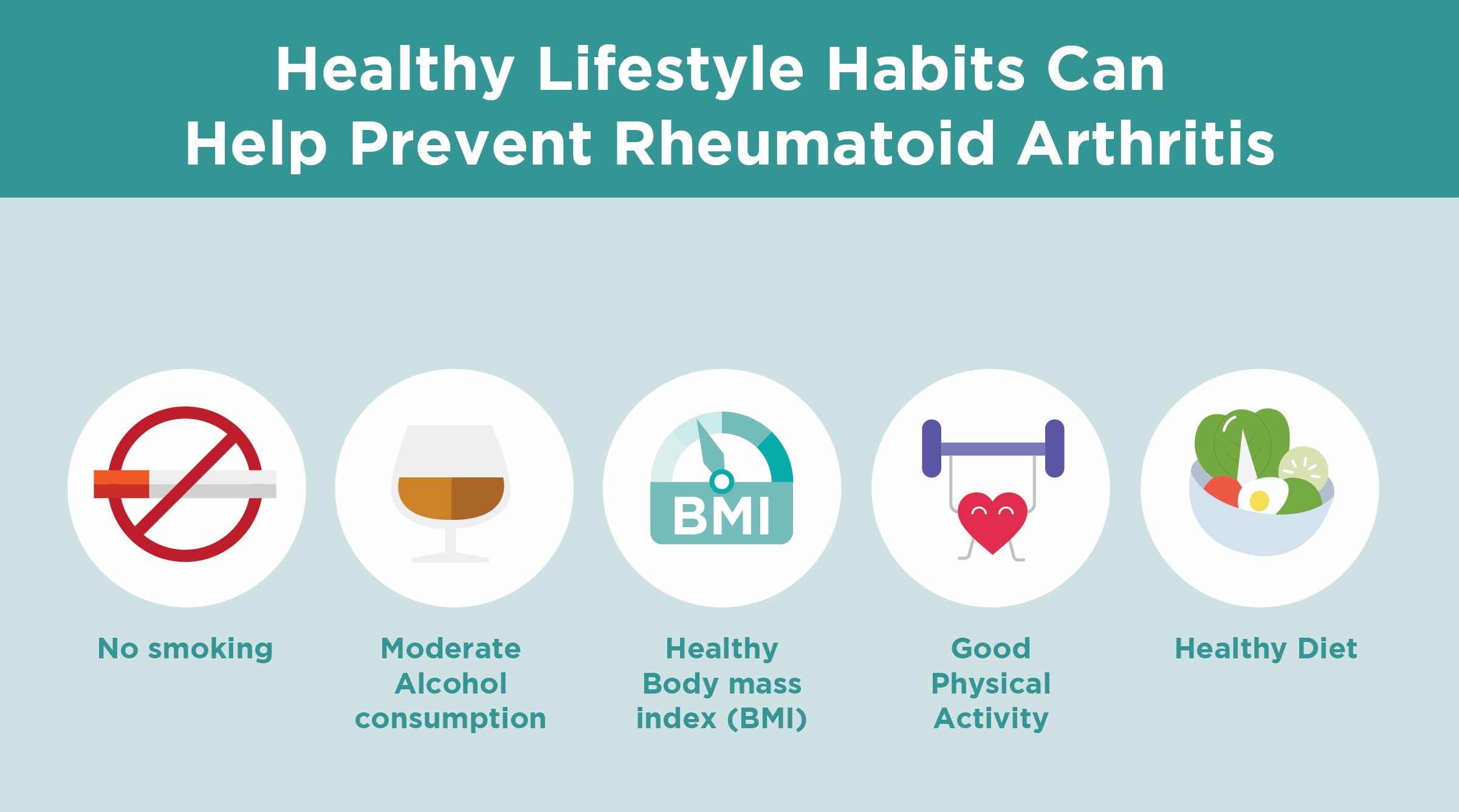
Rheumatoid arthritis (RA) is a chronic autoimmune condition that causes joint inflammation, pain, stiffness, and fatigue. While there is no permanent cure, incorporating rheumatoid arthritis self-care strategies into daily life can help manage symptoms and improve overall well-being. This blog explores effective RA home remedies, tips for managing RA naturally, and essential lifestyle tips for RA.
Understanding Rheumatoid Arthritis
RA occurs when the immune system mistakenly attacks healthy joint tissues, leading to inflammation. If left untreated, it can cause joint deformity and mobility issues. While medical treatments, including medications and physical therapy, play a critical role, lifestyle changes can significantly impact symptom management.
Essential Self-Care Strategies for Managing RA Naturally
1. Adopt an Anti-Inflammatory Diet
Diet plays a crucial role in managing RA symptoms. Certain foods can help reduce inflammation, while others may worsen it.
- Foods to Include:
- Fatty fish (salmon, mackerel) rich in omega-3 fatty acids
- Leafy greens and colorful vegetables
- Whole grains (quinoa, brown rice)
- Nuts and seeds (walnuts, flaxseeds)
- Olive oil and avocados
- Foods to Avoid:
- Processed foods and refined sugars
- Red meats and trans fats
- Dairy products (if lactose-intolerant)
- Excessive alcohol and caffeine
2. Maintain a Regular Exercise Routine
Staying active helps maintain joint flexibility and strength while reducing stiffness and fatigue.
- Low-Impact Exercises:
- Swimming and water aerobics
- Yoga and tai chi
- Walking or cycling
- Strength training with light weights
- Tips for Exercising with RA:
- Start slowly and listen to your body
- Avoid high-impact activities that strain joints
- Warm up before exercise and cool down afterward
3. Practice Stress Management Techniques
Chronic stress can trigger RA flare-ups, making it essential to incorporate relaxation techniques into daily life.
- Effective Stress Management Strategies:
- Deep breathing exercises and meditation
- Mindfulness and guided imagery
- Journaling or creative activities
- Spending time in nature
4. Improve Sleep Quality
RA-related pain and stiffness can make it difficult to sleep. However, good sleep is crucial for managing inflammation and fatigue.
- Tips for Better Sleep:
- Stick to a regular sleep schedule
- Use a supportive mattress and pillows
- Avoid screens and caffeine before bedtime
- Practice relaxation techniques like reading or listening to calming music
5. Use Heat and Cold Therapy
Heat and cold applications can relieve joint pain and stiffness effectively.
- Heat Therapy:
- Warm baths or showers
- Heating pads or warm compresses
- Paraffin wax treatments for hands and feet
- Cold Therapy:
- Ice packs for inflamed joints
- Cooling gels for pain relief
- Alternating between heat and cold for maximum effect
6. Maintain a Healthy Weight
Excess weight puts additional stress on joints, worsening RA symptoms. A balanced diet and regular physical activity can help manage weight effectively.
- Tips for Healthy Weight Management:
- Eat smaller, nutrient-dense meals throughout the day
- Stay hydrated and avoid sugary beverages
- Engage in consistent physical activity
7. Consider Natural Remedies for RA Pain
Many individuals seek RA home remedies to complement medical treatments.
- Popular Natural Remedies:
- Turmeric: Contains curcumin, which has anti-inflammatory properties
- Ginger: May help reduce joint pain and stiffness
- Aloe Vera: Known for its soothing and anti-inflammatory effects
- Essential Oils: Lavender and eucalyptus oils for pain relief
- Apple Cider Vinegar: Believed to have detoxifying properties
8. Stay Hydrated
Drinking enough water helps keep joints lubricated and reduces stiffness.
- Hydration Tips:
- Aim for at least 8 glasses of water per day
- Infuse water with lemon, cucumber, or herbs for added flavor
- Reduce sugary or caffeinated drinks
9. Modify Daily Activities to Reduce Joint Strain
Simple changes in daily routines can help minimize joint stress and improve mobility.
- Helpful Modifications:
- Use ergonomic tools and adaptive devices
- Avoid repetitive movements that strain joints
- Take frequent breaks when performing tasks
- Use assistive devices like braces or canes if necessary
10. Engage in Support Networks
Connecting with others who understand RA can provide emotional support and encouragement.
- Ways to Find Support:
- Join local or online RA support groups
- Talk to family and friends about your condition
- Work with a therapist or counselor if needed
Conclusion
Managing RA requires a holistic approach that combines medical treatment with lifestyle adjustments. While rheumatoid arthritis self-care cannot cure the condition, adopting RA home remedies, making dietary changes, staying active, and practicing stress management can greatly improve quality of life.
By incorporating these lifestyle tips for RA, individuals can take control of their health, minimize pain, and enjoy a more active, fulfilling life. Always consult a healthcare professional before making significant changes to your RA management plan.
